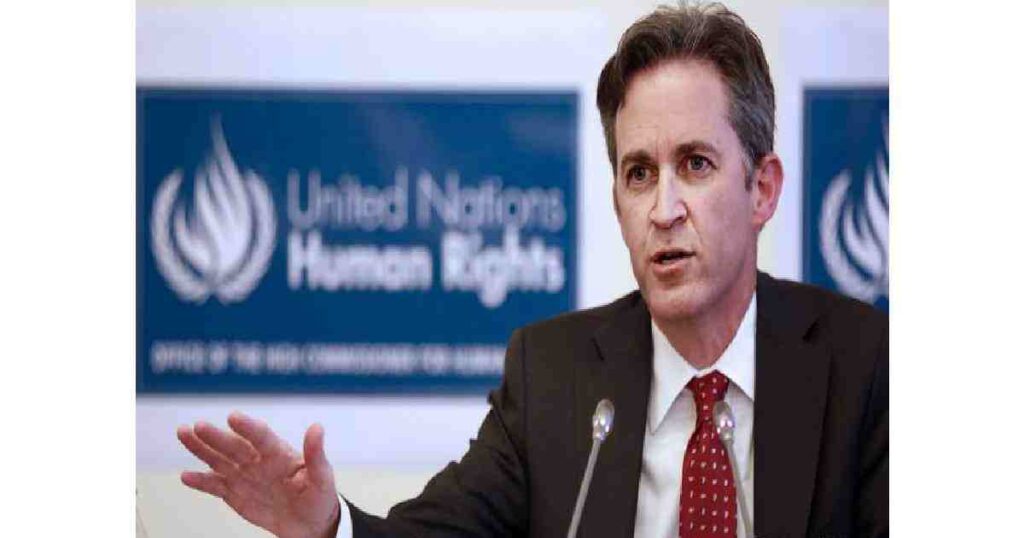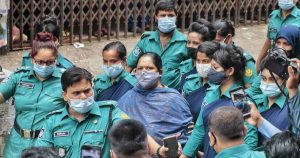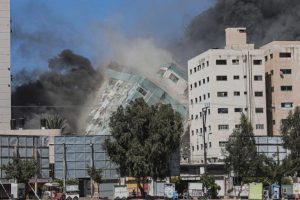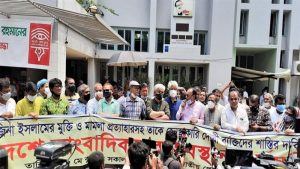UN’s Special Rapporteur on freedom of expression David Kaye has urged states to free all media workers detained because of their work and stop the intimidation and repression of the independent press.
“A free press gives people access to information of all kinds, especially critical during a public health crisis,” he said in a statement on Friday marking World Press Freedom Day that falls on Sunday (May 3).
Kaye noted that the theme of this year’s World Press Freedom Day is ‘journalism without fear or favour’.
He urged all states to ensure that media workers can do their jobs without fear, keeping in mind that journalism expands the public’s right to know and the public’s right to accountable government.
In recent months, independent journalism has been an essential lever for public information, uncovering the stories of government deception while helping people worldwide understand the nature and scope of the public health crisis ‘we are all confronting’, according to the statement issued from Geneva.
He said detaining journalists runs directly counter to the state’s obligation to ensure an enabling environment for the media.
“At a time when disease outbreaks spread through detention facilities, detention’s cruelty is exposed, imposing an additionally excessive punishment that carries with it the risk of illness and death,” said Kaye.
“Hundreds of journalists have been detained because of their work. The Committee to Protect Journalists estimates 250 journalists are in prison. Reporters Without Borders has called to the UN’s attention a ‘wave of press freedom violations.”
He said the criminalisation of journalism must end and that can start with releasing journalists from detention as a matter of urgency.
Since the COVID-19 outbreak emerged early this year, he has received alarming accounts of official retaliation against journalists under the guise of spreading disinformation.
“In my recently published report to the UN Human Rights Council, I emphasised the way in which governments attack the messenger and limit reporting rather than act responsively on the information disclosed,” Kaye said.
source: UNB




